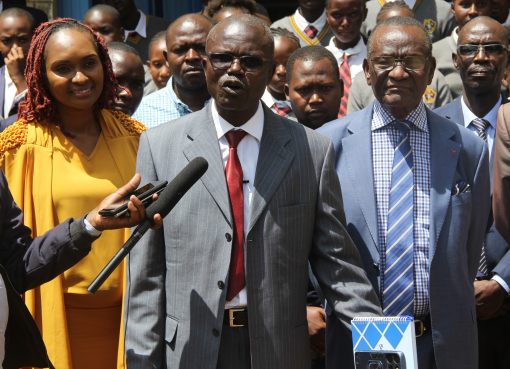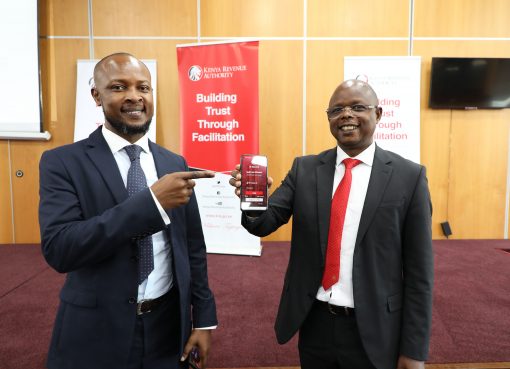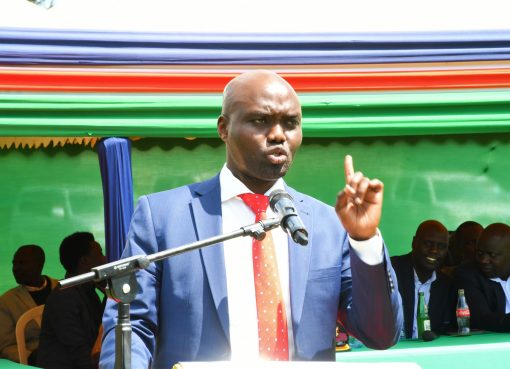The National Government in collaboration with the World Bank has rolled out the Kenya Climate Smart Agriculture Project (KCSAP) in Kisumu City valued at Sh.650 million.
KCSAP is geared towards improving productivity in the agriculture sector in the lakeside county by 20 per cent. The project targets farmers involved in livestock, fisheries and poultry.
Mr. Jackson Temba Kachelo, KSCAP County Project Coordinator, in an exclusive interview with Kenya News Agency, said the project apart from seeking to increase productivity also aims at reducing greenhouse gases.
The initiative has 13 projects being implemented in Nyakach, Nyando and Kisumu East sub counties and is projected to benefit at least 6500 people.
“Out of the thirteen projects, we have managed to install three water pumps, one in Nyakach, two in East Kano- Awidhi, and a borehole, also in Nyakach which is used for household purposes, watering livestock and carrying out irrigation farming around the area,” said Kachelo.
He explained that besides water pumps, they were also undertaking irrigation schemes namely Gem-Rae rice irrigation scheme, Awach-Kano in Nyando, Kabayi in Kisumu West, Siany in Kabonyo Kanyakwar ward which is in final stages of completion and Chiga in Kolwa east which ongoing.
“Under the thirteen projects, we have micro-projects consisting of Common Interest Groups (CIGs) and Vulnerable Marginalized Groups (VMGs) which are made up of 20 to 30 people who are registered with social services and they do proposals to us in order to qualify for a grant of between Sh700, 000 to 1,000,000 for CIGs and Sh300, 000 to 500,000 for VMGs,” noted Kachelo.
The grants, he said, are for climate smart agriculture value chains such as cassava value chain, poultry/indigenous chicken value chain and sorghum value chain.
Kachelo emphasized that for the CIGs, 70 percent of the grant is used to purchase seeds, 20 percent for alternative livelihood and 10 percent for nutrition adding 255 groups have so far been funded to undertake projects in the selected areas.
“There is a ward based Community Driven Development Committee (CDDC) for the CIGs and VMGs made up of 13 members from the specific wards who manage the farmer groups grants account, budget for the farmers, procure their agricultural needs such as machines and inspect the progress of the farmers,” added Kachelo.
He said despite the progress, the project has undergone some challenges since its inception such as delay by the contractors to undertake projects due to lack of funds, interference by local leadership which led to the termination of some of the projects and slow transfer of funds from the County Revenue to a special purpose account for KCSAP at Central Bank of Kenya.
“Another challenge we are facing is the likelihood termination of Semeki Poultry Hatching and Incubation Center in Seme, Kaloka Aquaculture project also in Seme, Jowi water pump in Kano and Muhoroni-Alungo irrigation scheme which have not been started though they are supposed to be completed by end of June 2022,” said Kachelo.
“For this final lap, we are supposed to train the farmers on capacity building and how to sustain themselves using the completed projects and the ongoing micro projects,” concluded Kachelo.
By Becky Galyns and Samwel Oyugi





